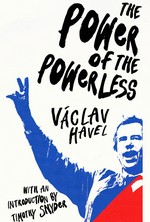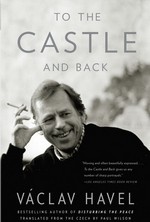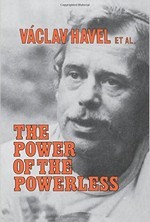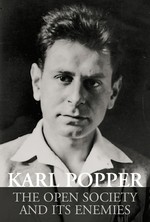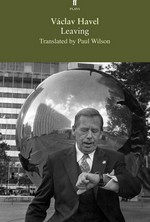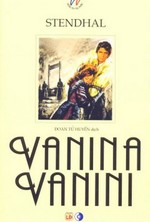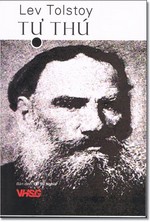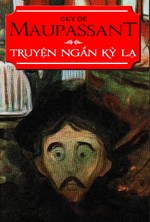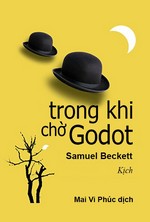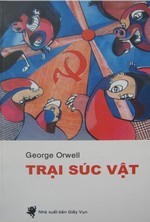The Power of the Powerless
Václav Havel was born in Prague on 5 October 1936. The son of a movie producer, Havel first distinguished himself as a poet and playwright in Prague’s burgeoning theatre world. The Soviet invasion of Czechoslovakia saw Havel aiding the resistance for which he was later banned from theatre work. Living under Soviet occupation, and having to work as a brewer, Havel became increasingly politically active and was eventually imprisoned for three years following the publication of his 1979 essay, The Power of the Powerless. After the collapse of the Soviet Union in 1989, Havel became President of Czechoslovakia and he was later elected the first President of the Czech Republic. Havel returned to the theatre after retiring from political life, writing two new plays before his death on 18 December 2011. (Author photograph copyright J. Jiroutek 2011). The Power of the Powerless was a description of resistance to totalitarianism. Its author, Václav Havel, thought that it was also a critique of the Western democracies. Forty years after its publication, we see that he was right. Havel was a Czech writing at a particular moment in his country’s history, the 1970s, when communism was unbroken grey. The colors had drained away in 1968. Though Havel himself was never a Marxist, Czechs and Slovaks of his generation believed that Marx could be invoked to reform and humanize the country’s Soviet-style system. In the late 1960s, the Czechoslovak Party leadership believed that ‘socialism with a human face’ was possible. The Soviet leadership, Leonid Brezhnev in particular, was of another opinion. In August 1968, a Soviet (Warsaw Pact) invasion dispersed the loose association of Marxists, democrats, nostalgics and hippies whose proposals, texts, marches and happenings were collectively known as the Prague Spring. Like many others, Havel was hopeful during the revolutionary moment, then discouraged by the self-involvement that followed. Rather than seeing his country’s situation as exceptional – protestors in Paris or Berkeley, after all, did not have to face Soviet tanks – he chose to see it as typical...

